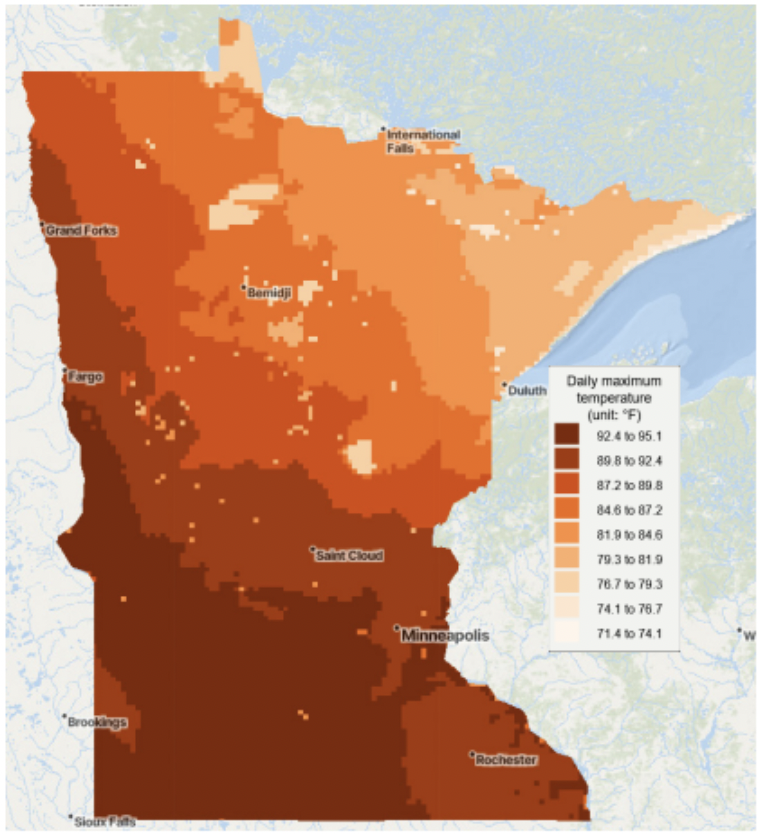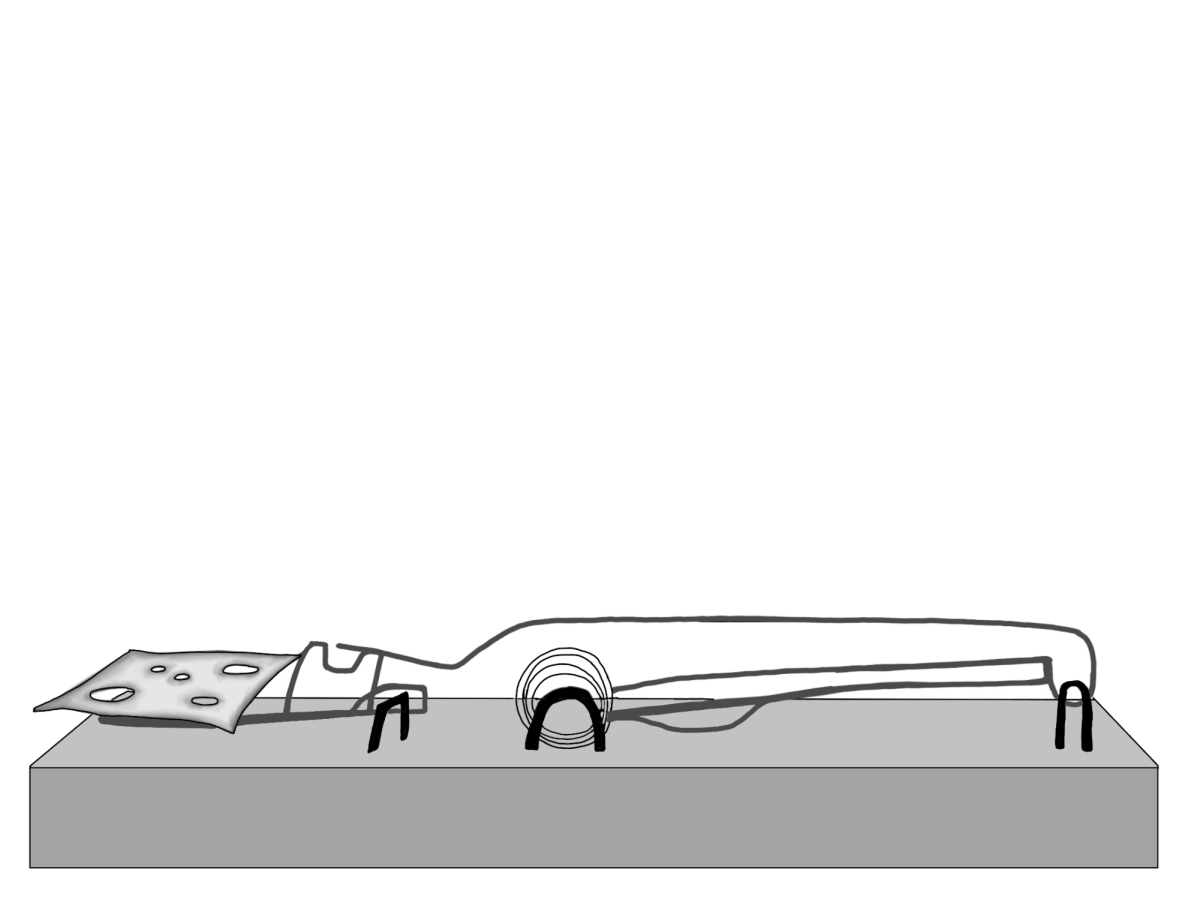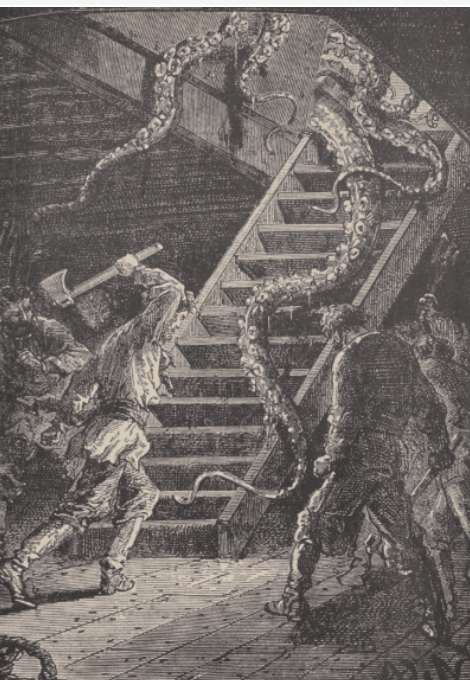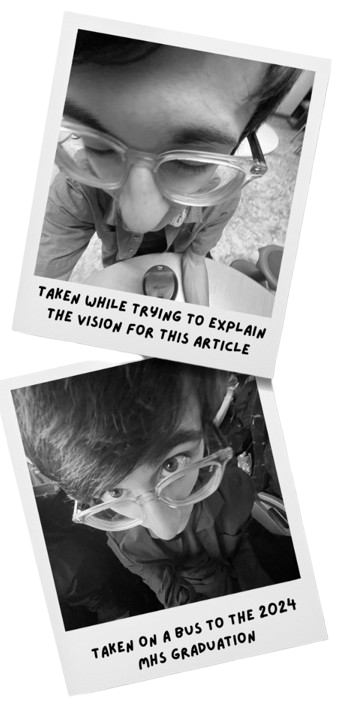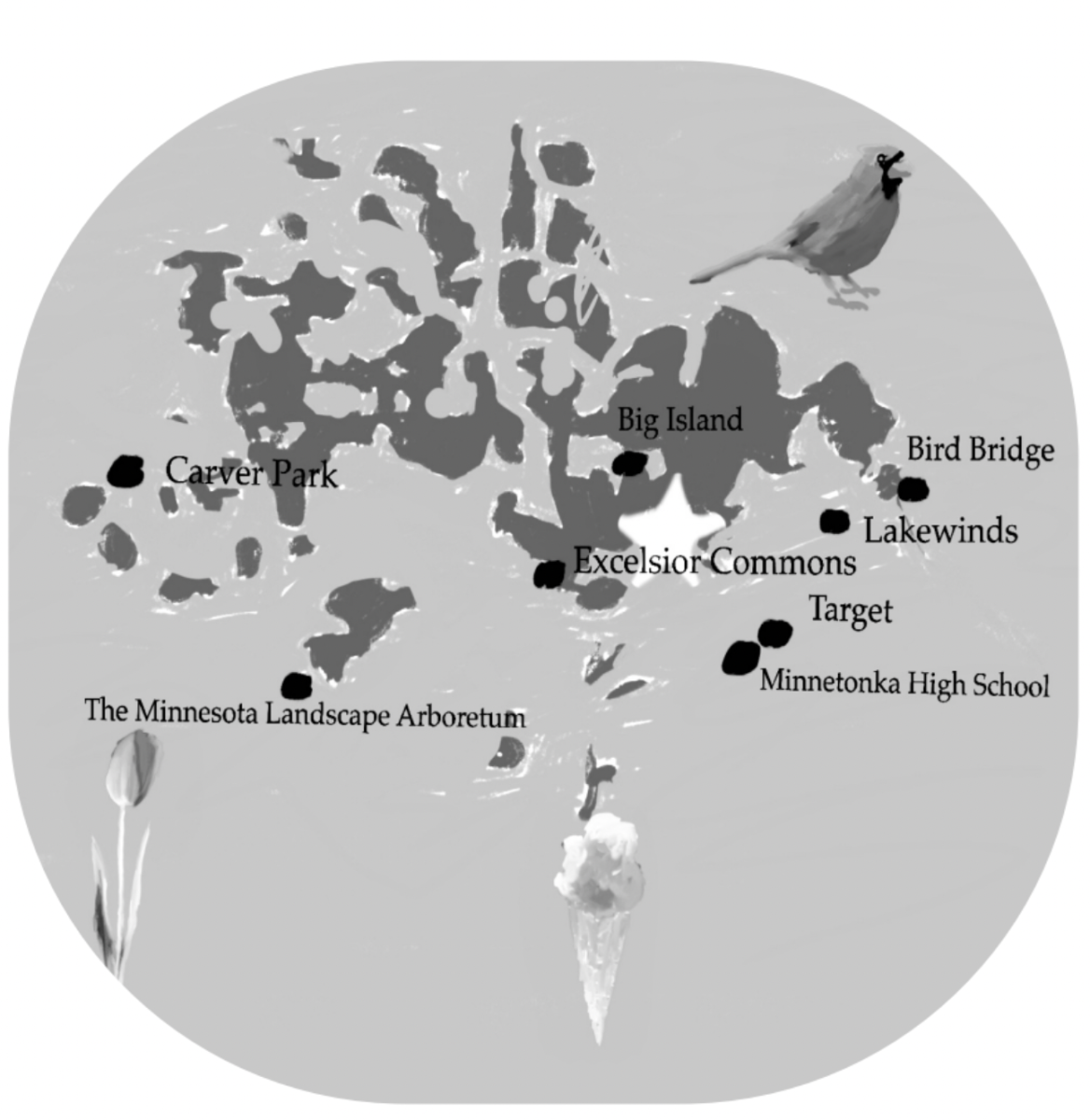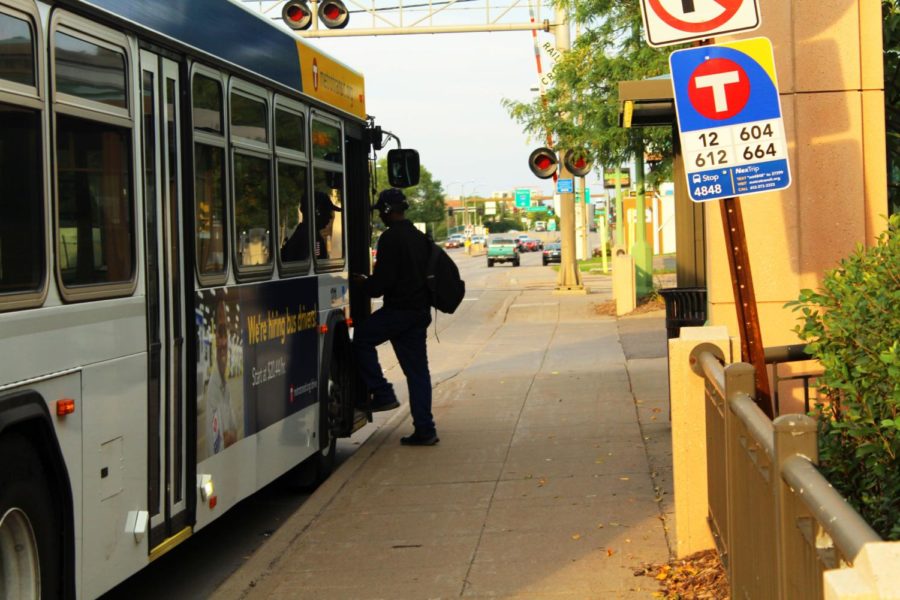Don’t Fuss, Ride the Bus: Why We Need Public Transportation
This commuter boards a public bus in Minneapolis.
September 27, 2019
Public transportation is vital to many people’s daily commute. According to the Census Bureau, only 5.1% of the country uses public transportation; this number is much higher in cities and in other countries. Take England for example. In London, 46% of the population relies on public transportation. Public transportation in the United States, however, is notoriously inadequate. It has failing infrastructure and prohibiting laws stemming from terribly insufficient funding.
One of the reasons that this percentage is so low in the United States is because we are generally more spread out than in European countries, but also because funding towards public transportation is shockingly low, especially when considering the potential results of additional funding.
Public transportation is not only more economically reasonable for most people, but studies show that every billion dollars spent on public transportation creates over 21,000 jobs; by comparison, the highway only creates 17,800 jobs. When $1 dollar goes into public transportation, $4 are translated into economic output. This is because a connected transportation system allows for more people to work across all socioeconomic statuses.
Asha Altermatt from the Minneapolis Department of Transportation said that, “in Minneapolis, Metro Transit is the main form of transportation available,” but also recommends one way to be more environmentally conscious is to “use the bike program.”
Public transportation is also not only the more economically sound option, but also much better for the environment. This is because public transportation is more efficient, as it can fit more people over each individual driving their own car. The results are instrumental to the fight against climate change by reducing emissions and smog, as well as decreasing health risks due to improved air quality standards.
Jordan Wipson, ‘21, believes that, “it is necessary that if people want to lessen their carbon footprint, public transportation be more accessible.” Wipson also thinks “public transportation, especially when comparing it to transit systems overseas, should be safer and more organized.”
Adding to the environmental and economic benefits, public transportation also reduces congestion, which will decrease the commute time and increase productivity. Regardless, it is clear that public transportation is indispensable, so why is public transit still abundantly flawed? Spending has continually been cut under the recent administration as highway spending has drastically increased.
It is absolutely essential we support attempts to broaden the public transportation system in the United States in order to encourage a more environmentally sustainable and economically conscious society that is continually progressing towards a brighter future.
It is absolutely essential we support attempts to broaden the public transportation system in the United States in order to encourage a more environmentally sustainable and economically conscious society that is continually progressing towards a brighter future.






